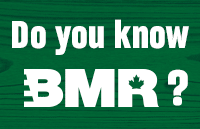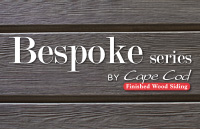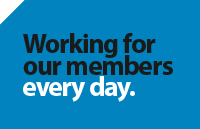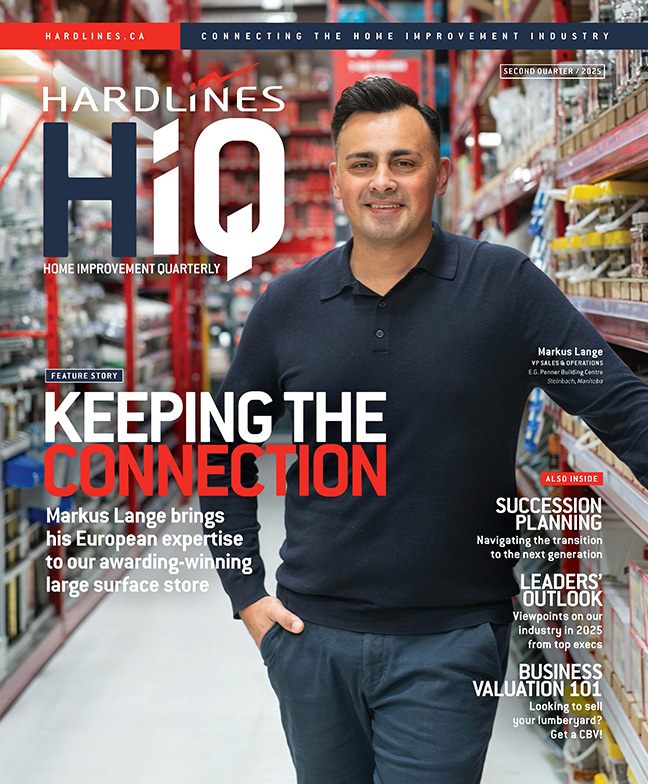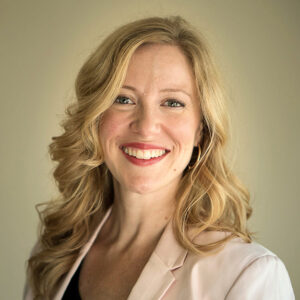
By Sarah McVanel
Sarah McVanel is the founder of Greatness Magnified, an organization that specializes in providing training programs and certifications for employees at large. She is a recognition expert, professional speaker, coach, author, and creator of F.R.O.G.—Forever Recognize Others’ Greatness. She invigorates companies to earn great people and to see their people as exceptional so that, together, they can create a thriving culture where everyone belongs.
“Perfectionism is a self-destructive and addictive belief system that fuels this primary thought: If I look perfect and do everything perfectly, I can avoid or minimize the painful feelings of blame, judgement, and shame.”—Brené Brown
As you can see clearly from this definition, there are a number of related concepts that we need to understand in order to manage perfectionism. It’s not like we can read a book and say, “Oh, I get it! That’s what perfection is! Now that I know, I can stop being so perfectionistic!” You can literally see how society reinforces and even fuels perfection.
Let’s take comparison, for example. We are meaning-making machines, and we compare ourselves to others. When I go into yoga classes, I have told myself, “You will not compare your practice to anyone else’s.” I know it doesn’t matter. I know it has no use. I know it’s the most “un-Zen” thing you can do, yet my brain goes there! “I’m not as bendy as she is.” “I wish I could touch my toes like he can.” “I wonder if I’d have the discipline the teacher has to do yoga teacher training.”
See what I mean?
Comparison is an enabler of perfectionism. Their co-dependency can be seriously unhealthy stuff. We can set an intention not to compare, yet our brain still does it.
It’s true that social media certainly didn’t help matters, as our smartphone is the Swiss Army knife of comparison. We look at pictures on Instagram, watch others’ lives on Facebook, compare our number of connections on LinkedIn, and even see how many more streaks someone has in Duolingo if we want! We have unending 24/7, 365-day opportunities for real-time data and fiction-fueling comparison.
Are you a perfectionist? Comparisons are not just external forces pushed down on us; they’re human foibles. That means we need to understand whether they’re immovable or if we can do something about them.
The ironic thing is that the more you are aware that comparison is inevitable and that being aware of it is key to keeping control over it, then perfectionism has a harder time digging its passive-aggressive claws into you.
- The next time you look in the mirror, notice one thing you like about yourself.
- The next time you talk to a friend, listen and take in a compliment they give you.
- The next time you sit across from your boss, rave about a win you’ve had.
Let’s look at where comparison is normally a weight or a burden. Acknowledge it. Name it. Notice it. As a result, it may become the very place where you find greater levity, lightness, and enablement.
This is our shared human experience, and therefore, the fact it’s so fickle makes it so fascinating. Comparison connects us all; therefore, we don’t need to make unhealthy comparisons—but rather understand that they are reactionary fiction.












